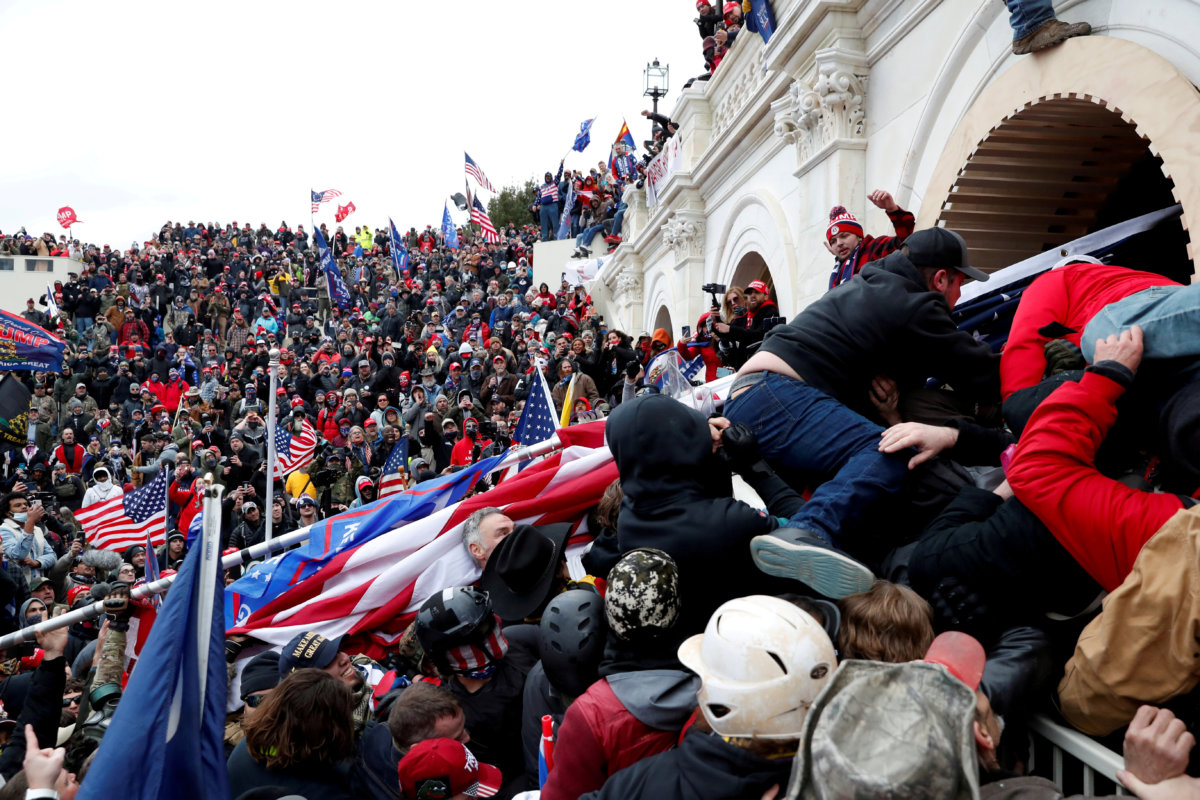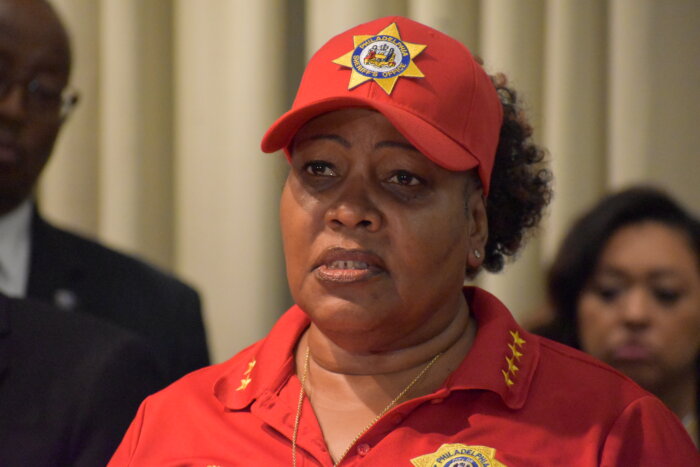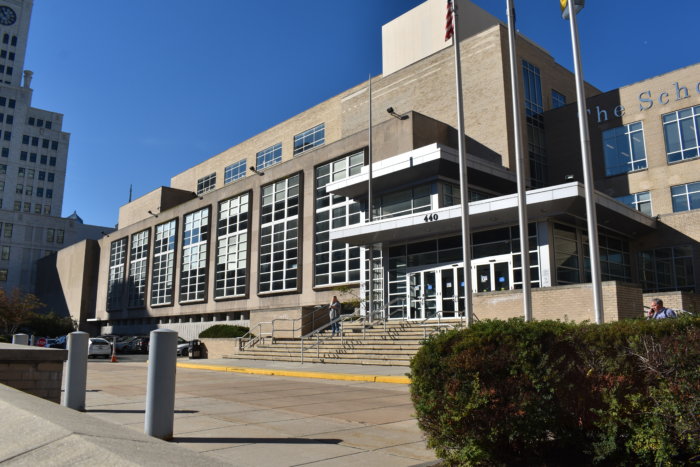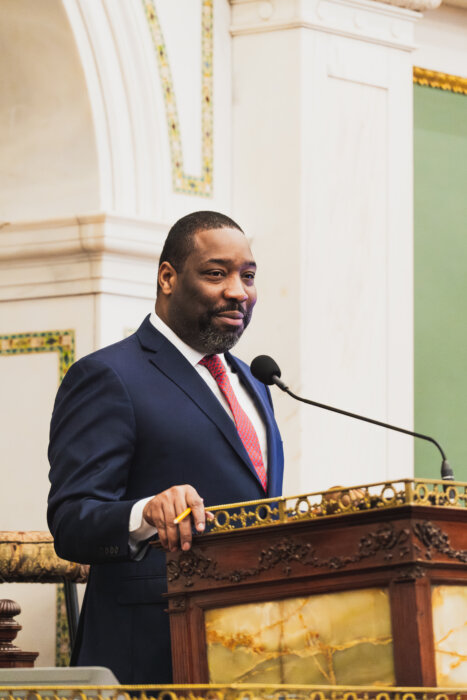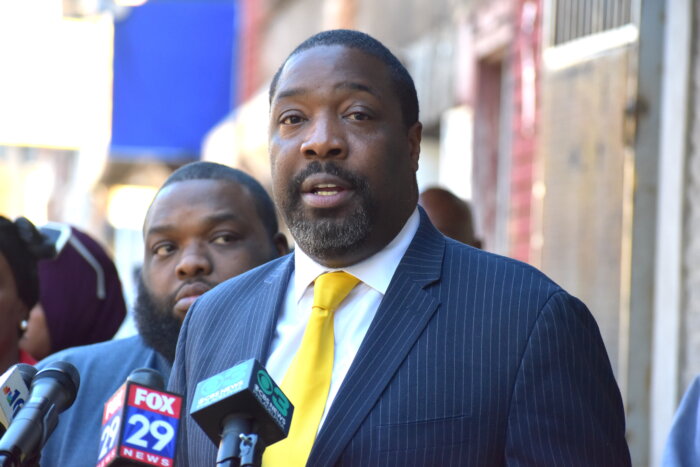It has been 5 days since Trump supporters stormed the United States Capitol Building and I still cannot wrap my mind around the reality of what happened.
Many details have emerged since last week’s attack—five people are dead including a police officer—and some of the protesters whose posts went viral have since been arrested. But even as the dust settles and we, as a nation, begin to process this atrocity, one thing has been made painfully clear.
The difference between two justice systems has never been more evident—we saw what the police presence looked like in Washington D.C. when Black Lives Matter activists marched in the streets this summer. Officers dressed in riot gear as protesters peacefully marched. And then we saw less police resistance during last week’s “protests” as Trump supporters—mostly white—smashed windows, chased security officers, and attempted to force Congress to undo President Donald Trump’s election loss through violence.
There were two pipe bombs recovered on Capitol Hill. Many of the rioters were armed. Some had zip ties.
Make no mistake, this was a terrorist attack.
And yet, it took over an hour after rioters breached the barricades for National Guard reinforcements to be mobilized. Capitol Police officers were outnumbered and were quickly overwhelmed. Other arms of the federal government’s vast security did not arrive on scene for hours after protesters stormed the building.
The lack of police presence shows, once again, the imprint of white privilege.
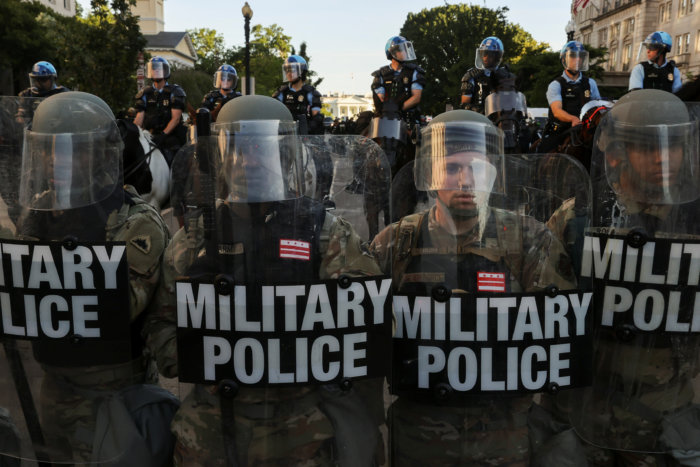
And meanwhile, as our nation—and the world—watched in horror as the Capitol was ransacked, a different kind of history was being made down South.
The Rev. Raphael Warnock was elected the first Black Senator from Georgia. A Baptist pastor, Warnock has for the past 15 years led the church where Martin Luther King Jr. preached. His campaign was considered by many as a “long shot” in such a traditionally conservative area—Georgia voted Democrat in November’s presidential election for the first time in almost three decades.
After his win, Warnock said, “”The four most powerful words in a democracy are ‘The people have spoken.’”
They certainly have.
It is a damn shame that the horrifying actions at the Capitol overshadowed what happened in Georgia. Because it is monumentous. It is historic and it should be celebrated.
In a nation where systematic racism has never been more evident, Warnock’s historic victory is a source of hope and inspiration that the future is brighter. The Trump regime is over. We have new leadership in place. President-Elect Joe Biden and Vice President-Elect Kamala Harris have been outspoken about coming together, helping one another, and working to rebuild our country.
Now is the time to heal, the time for change, the time to embrace equality.
Now is the time to return to human decency.



